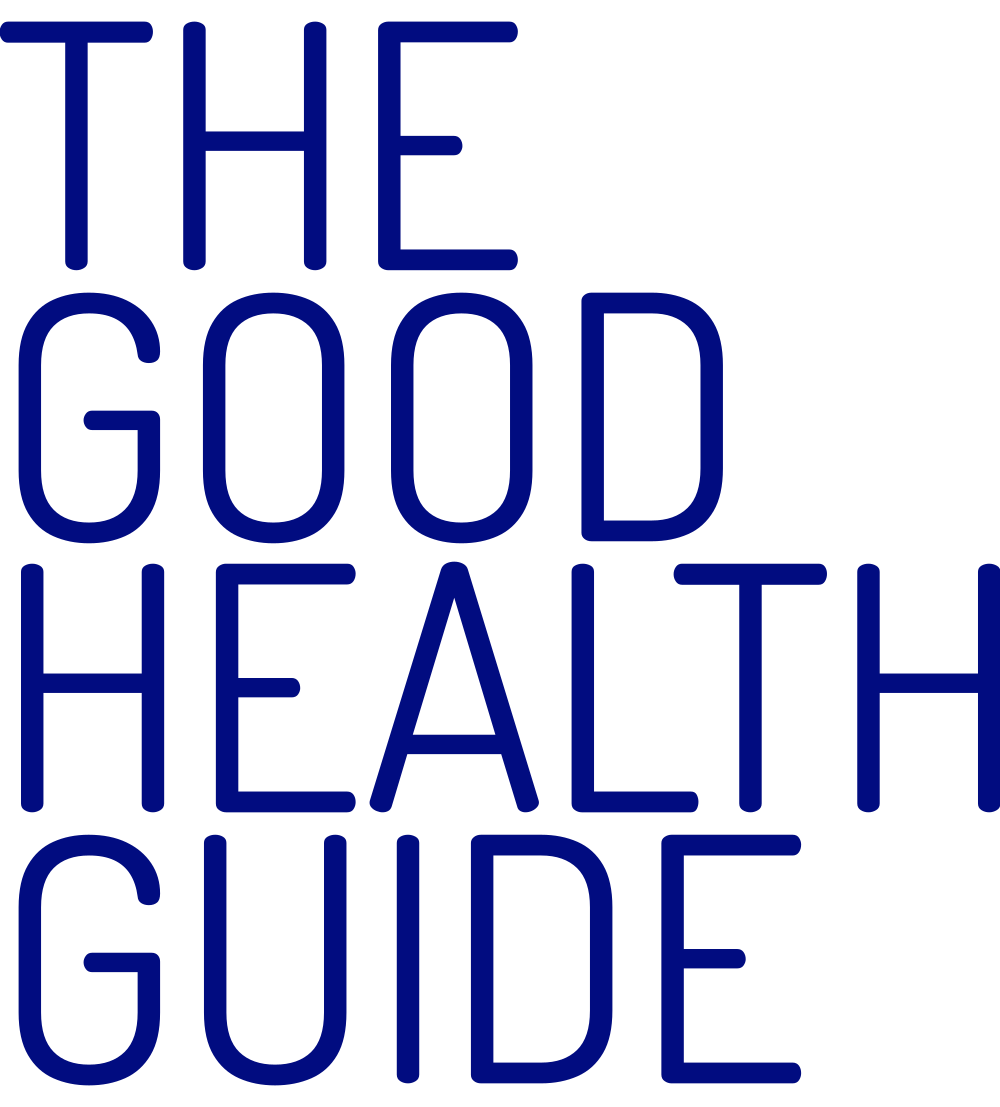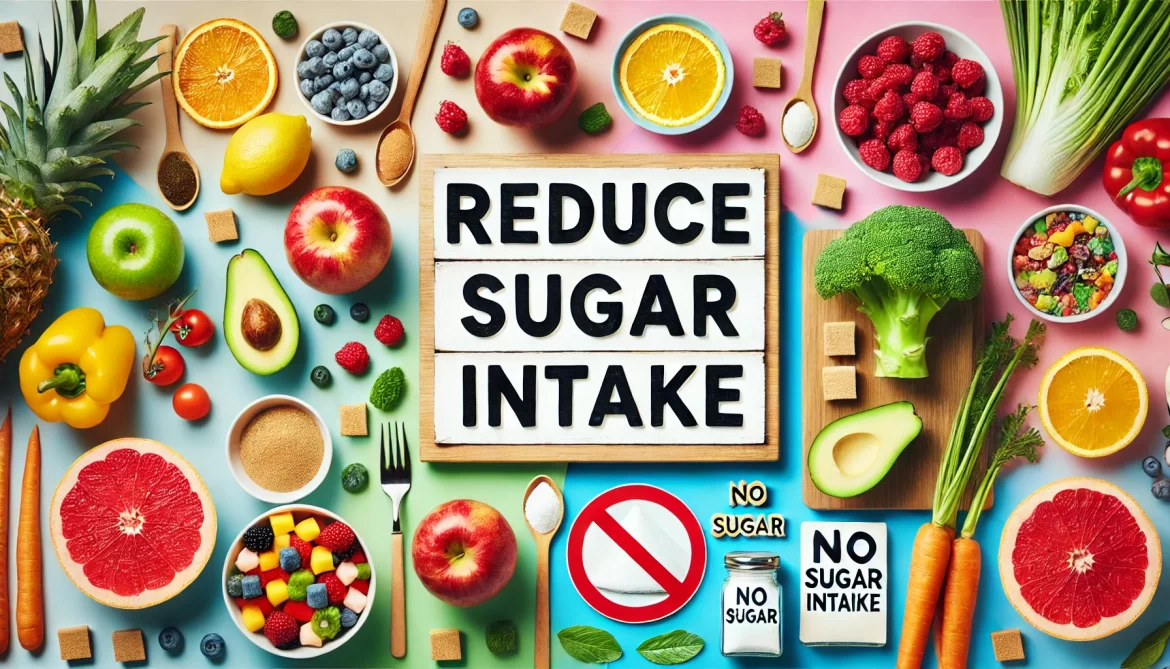How to Reduce Sugar Intake
Learn how to reduce sugar intake effectively with these practical tips and strategies for a healthier lifestyle.
Understanding the Importance of Reducing Sugar Intake
Reducing sugar intake is essential for several reasons. High sugar consumption is linked to numerous health problems, including weight gain, increased risk of chronic diseases, and poor dental health. By lowering your sugar intake, you can boost your energy levels, improve mental clarity, and maintain a healthier weight.
Identifying Hidden Sugars in Your Diet
One of the first steps to reducing sugar intake is identifying hidden sugars in your diet. Many processed foods, even those that don’t taste sweet, contain added sugars. Check food labels for ingredients like high fructose corn syrup, cane sugar, and molasses. Being aware of these hidden sugars can help you make more informed dietary choices.
Choosing Natural Sweeteners Over Processed Sugars
Opting for natural sweeteners like honey, maple syrup, and stevia can be a healthier alternative to processed sugars. These natural sweeteners provide a lower glycemic index, reducing the impact on blood sugar levels. However, moderation is key, as excessive consumption of any sweetener can still lead to health issues.
Incorporating More Whole Foods
Whole foods, such as fruits, vegetables, whole grains, and lean proteins, are naturally low in sugar and high in nutrients. Incorporating more whole foods into your diet can help reduce your overall sugar intake while providing essential vitamins and minerals. For more tips on healthy eating habits, visit The Good Health Guide.
Reading and Understanding Food Labels
Reading and understanding food labels is crucial for managing sugar consumption. Look for products with no added sugars and be mindful of the sugar content per serving. Aim for foods with minimal ingredients and avoid those with sugar listed as one of the first ingredients.
Reducing Sugar in Beverages
Beverages are a significant source of added sugars. Sodas, energy drinks, and even fruit juices can contain high levels of sugar. Opt for water, herbal teas, or beverages with no added sugars. If you crave sweetness, infuse your water with fruits like lemon, berries, or cucumber. Learn more about the benefits of water on our website.
Cooking and Baking at Home
Cooking and baking at home give you complete control over the ingredients used in your meals. Use less sugar in recipes and explore healthier alternatives. For instance, applesauce or mashed bananas can be used as sweeteners in baking.
Making Smart Snack Choices
Snacking is often where many people consume excess sugar. Choose snacks that are low in added sugars, such as nuts, seeds, and fresh fruit. Preparing your snacks at home can also help you avoid the hidden sugars found in many packaged snacks.
Gradually Reducing Sugar Consumption
Cutting down on sugar doesn’t have to be an overnight change. Gradually reducing your sugar intake can make the transition smoother and more sustainable. Start by cutting back on sugary drinks and snacks, and slowly adjust your taste buds to less sugary foods.
Understanding the Impact of Sugar on Health
Understanding how sugar impacts your health can motivate you to reduce your intake. High sugar consumption is linked to an increased risk of obesity, type 2 diabetes, heart disease, and dental problems. Educating yourself on these risks can provide the necessary impetus to make healthier choices. For more information, visit the American Heart Association.
Creating a Sugar Reduction Plan
Creating a sugar reduction plan can help you stay on track. Set realistic goals, track your progress, and celebrate your successes. This plan should include specific strategies for reducing sugar, such as meal planning, choosing healthier snacks, and reading food labels.
Involving Family and Friends
Involving family and friends in your journey to reduce sugar intake can provide support and motivation. Share your goals with them and encourage them to join you in making healthier choices. Having a support system can make the process more enjoyable and successful.
Dealing with Sugar Cravings
Sugar cravings can be a significant hurdle when trying to reduce sugar intake. Finding healthy alternatives and distractions can help manage these cravings. Engage in activities you enjoy, like walking or reading, to take your mind off the cravings.
Staying Consistent and Patient
Reducing sugar intake is a gradual process that requires consistency and patience. Be kind to yourself and recognize that making lasting changes takes time. Stay committed to your goals, and over time, you’ll notice significant improvements in your health and well-being.
Monitoring Your Progress
Monitoring your progress is essential for staying motivated. Keep a food journal to track your sugar intake and note any changes in how you feel. Regularly reviewing your progress can help you stay accountable and make necessary adjustments.
The Role of Fiber in Reducing Sugar Absorption
Fiber plays a crucial role in reducing sugar absorption in the body. Foods high in fiber, such as fruits, vegetables, and whole grains, slow down the absorption of sugar, preventing spikes in blood sugar levels. Incorporate more fiber-rich foods into your diet to help manage sugar levels.
Understanding Natural vs. Added Sugars
It’s important to distinguish between natural and added sugars. Natural sugars are found in whole foods like fruits and vegetables, while added sugars are incorporated during processing and preparation. Focusing on natural sugars can help reduce overall sugar intake.
Educating Yourself on Glycemic Index
The glycemic index (GI) measures how quickly a food raises blood sugar levels. Foods with a high GI cause rapid spikes, while those with a low GI have a slower, more gradual effect. Choosing low-GI foods can help manage blood sugar levels and reduce sugar intake. For a detailed guide, visit Harvard Health.
Benefits of Reducing Sugar Intake
The benefits of reducing sugar intake are numerous. You’ll likely experience improved energy levels, better mood, enhanced mental clarity, and a reduced risk of chronic diseases. These positive changes can significantly improve your quality of life.
Tips for Dining Out
Dining out can be challenging when trying to reduce sugar intake. Choose restaurants that offer healthier options, and don’t hesitate to ask about the ingredients in your meal. Opt for dishes with whole foods and minimal added sugars.
The Psychological Aspect of Sugar Reduction
Reducing sugar intake isn’t just about physical changes; it’s also about addressing psychological habits. Understanding your relationship with sugar and finding healthier ways to cope with stress and emotions can support your efforts.
Engaging in Regular Physical Activity
Regular physical activity can help manage sugar levels and reduce cravings. Exercise helps regulate insulin sensitivity and can improve your overall health. Aim for at least 30 minutes of moderate exercise most days of the week.
Seeking Professional Guidance
If you’re struggling to reduce your sugar intake, seeking professional guidance from a dietitian or nutritionist can be beneficial. They can provide personalized advice and support to help you achieve your goals. Find more tips on healthy eating habits on The Good Health Guide.
FAQs
What are some signs that I need to reduce my sugar intake?
Common signs include frequent fatigue, weight gain, high blood sugar levels, and frequent cravings for sugary foods.
How can I reduce sugar cravings?
Reducing sugar cravings can be managed by eating a balanced diet, staying hydrated, and finding healthy distractions or alternatives when cravings hit.
Are artificial sweeteners a good alternative to sugar?
Artificial sweeteners can be a temporary solution but should be used sparingly. Natural sweeteners like stevia are a better long-term alternative.
Can reducing sugar intake improve my skin?
Yes, reducing sugar intake can improve skin health by decreasing inflammation and lowering the risk of acne breakouts.
How quickly will I notice changes after reducing sugar intake?
Changes can vary, but many people notice improvements in energy levels, mood, and overall health within a few weeks.
Is fruit sugar harmful?
Fruit sugar, or fructose, is natural and comes with essential nutrients and fiber. It’s generally not harmful when consumed as part of a balanced diet.
Conclusion
Reducing sugar intake is a journey that requires commitment, patience, and a willingness to make healthier choices. By understanding the impact of sugar on your health, identifying hidden sugars, and incorporating more whole foods, you can significantly lower your sugar consumption. The benefits of reducing sugar intake are profound, leading to improved energy, better mood, and a reduced risk of chronic diseases. Stay consistent, seek support from family and friends, and celebrate your progress along the way.

